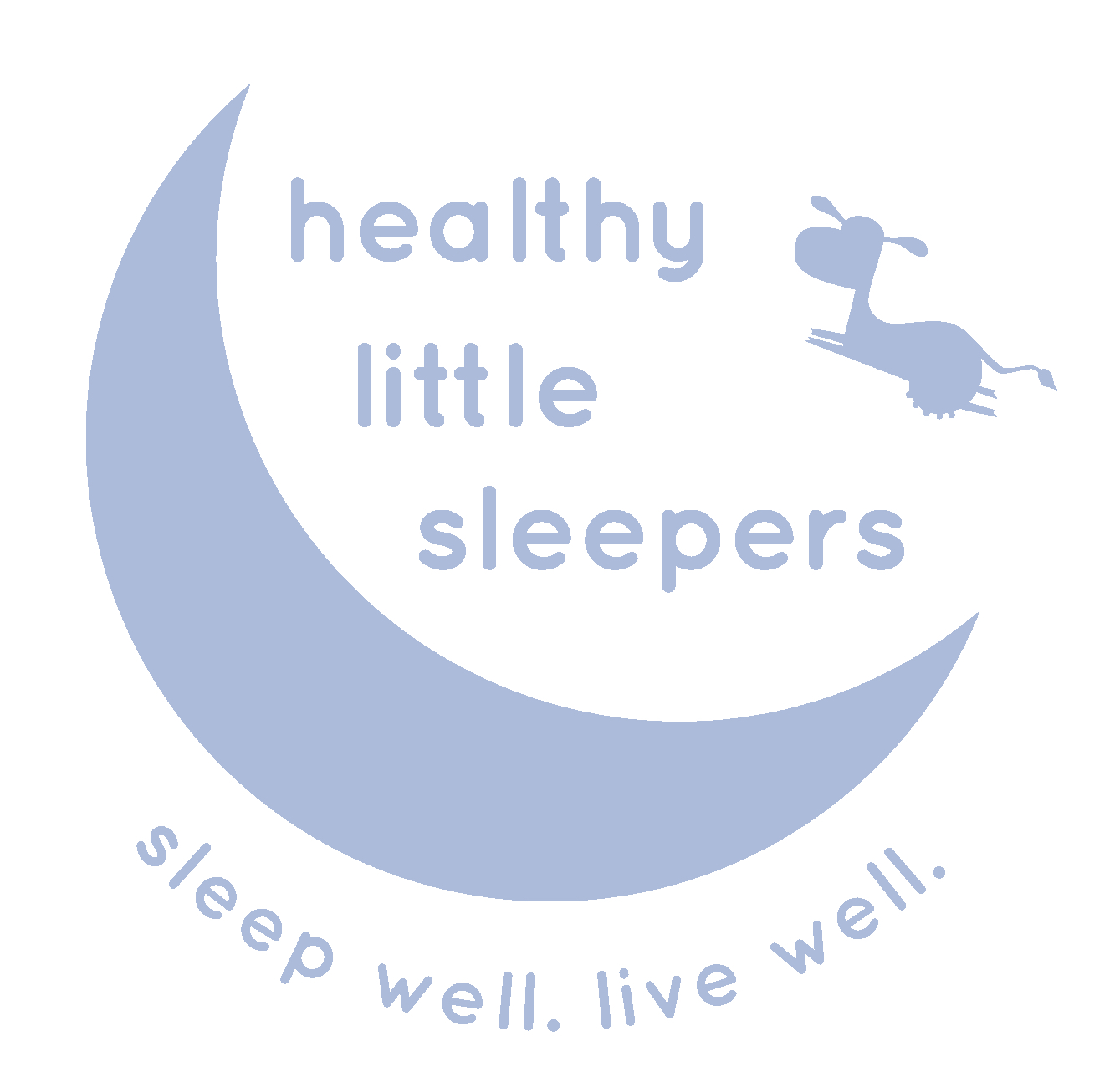How to Improve Sleep for New Parents
Three tips you can start right now
It’s every new parents dream to improve sleep. Well, actually new parent or seasoned parent, you all want better sleep! With varying levels of need in the middle of the night, many parents end up awake helping their little one anywhere from 1-4 times a night. That’s exhausting after several months let alone weeks! And if you have a toddler too - ooofff, I’ve been there! (Talk about falling asleep at the breakfast table giving my almost 2 year old breakfast and nursing my 3 week old baby.
How do you even get a full night’s sleep!?!
Did you know that modifications to your bedroom environment, understanding your little one’s sleep patterns, and having the skills and encouragement to address sleep challenges in the postpartum period can really improve sleep! There is research on this (my favorite thing, of course)!
In a study by Stremler, R., et al. (2006)
The mother received an 11-page booklet elaborating on the information discussed, and she was encouraged to refer to the booklet during the first few weeks at home. The aim of the session was to provide the mother with knowledge, skills, and encouragement to address sleep issues in the postpartum period. Topics covered in the session and booklet included maternal sleep hygiene, strategies for increasing maternal sleep, maternal relaxation techniques (e.g., progressive muscle relaxation, deep breathing), acknowledgement of the challenges of parenting and sleep deprivation, information on infant sleep structure and interpreting infant cues, strategies for infant sleep promotion, and strategies for promoting infant night-day entrainment and self-soothing.
I read this and thought, “Wow, this is exactly what we do and more!” … And here’s what the study found:
The mothers in the sleep intervention group averaged 57 minutes more nighttime sleep, and fewer rated their sleep as a problem, as compared with the mothers in the control group. Infants in the sleep intervention group had fewer nighttime awakenings and had maximum lengths of nighttime sleep that were longer than those in the control group.
Knowledge is power. I wish I knew everything I know today about baby and toddler sleep when I had my first little in 2012! Now, you might be wondering which intervention strategies were the most useful at promoting maternal and infant sleep. Such a great question that I would love to dissect!
But to be honest, our sleep and our baby’s sleep in the early postpartum period are affected by so many things that it’s actually super important to have multiple strategies to get the most bang for your buck (so to speak). So that includes having behavioral-education sessions, and receiving follow-up support calls and help with problem solving (I LOVE troubleshooting with you!).
Here are three quick tips to help your little one and you with sleep that you can start right now:
Put routines in place throughout the day. Not only will this help you get into a rhythm but your baby too. Babies thrive on routine - it’s their sense of structure and security of knowing when things are going to happen. With consistency your little one will know when and what to expect based on your routines.
Use static white noise. Whether you have a new little one or a baby a bit older, static white noise can do wonders. Static white noise is the constant shhhhhhhh sound you hear with no fluctuations, rhythms, ocean or rain. White noise is great for newborns because it reminds them of being in the womb, and it’s great for older babies as it helps them stay in a deeper sleep longer.
Watch those wake windows. Depending on your little one’s age, his ability to stay awake is often much shorter than you think. From newborns (60-90minutes) to younger babies (90-120minutes) to toddlers (2-5hrs), if you keep your baby or toddler up too long, you are guaranteed to have have a hard time getting them down to sleep because you missed their sleep window and now they’re overtired! (I know I’m not my best when I’m overtired!)
One of the major challenges of adapting to parenthood is sleep disruption. It’s SO hard. BUT, learning about your baby’s sleep, the effects of noise, light, temperature, rhythms and so much more can help improve the quality and quantity of sleep you and your baby get. That’s exactly what Mastering Newborn Sleep is all about and of course our one-on-one support too - to guide you through this time, educate you, and personally support you along the way.
* * *
LAST BUT NOT LEAST…
If you have a question that you’d like to know about just hit me up. What are you most concerned about with your little one’s sleep? And if you want some more specific help with your little one’s sleep or talk about newborn sleep, go here to schedule a FREE 15-minute call with me or Nicole, and we can chat about it!
* * *
OH, ONE MORE THING!
Every other week I share my newsletter — The Healthy Little Note — where you can get this directly in your in box plus other great curated content to help you and your little can get the most out of their first 5 years of life.
If you have little ones, I’m sure you’ll love it!
You can check out the most recent issue here.
Or, SUBSCRIBE below:
——————————————————
Susie Menkes, PhD is a Certified Pediatric Sleep Consultant + Child Behavior Specialist and is dedicated to helping families get their little ones to be healthy little sleepers. She serves on the Medical Board for What’s Up Moms (the #1 Parenting You Tube Channel) and has a sleep talk series at Beverly Hills Pediatrics and Hatch Collection in Brentwood among others. As a mom of two, she knows and understands what you are going through and is here to support, educate, and guide you on all matters related to sleep... and more!



